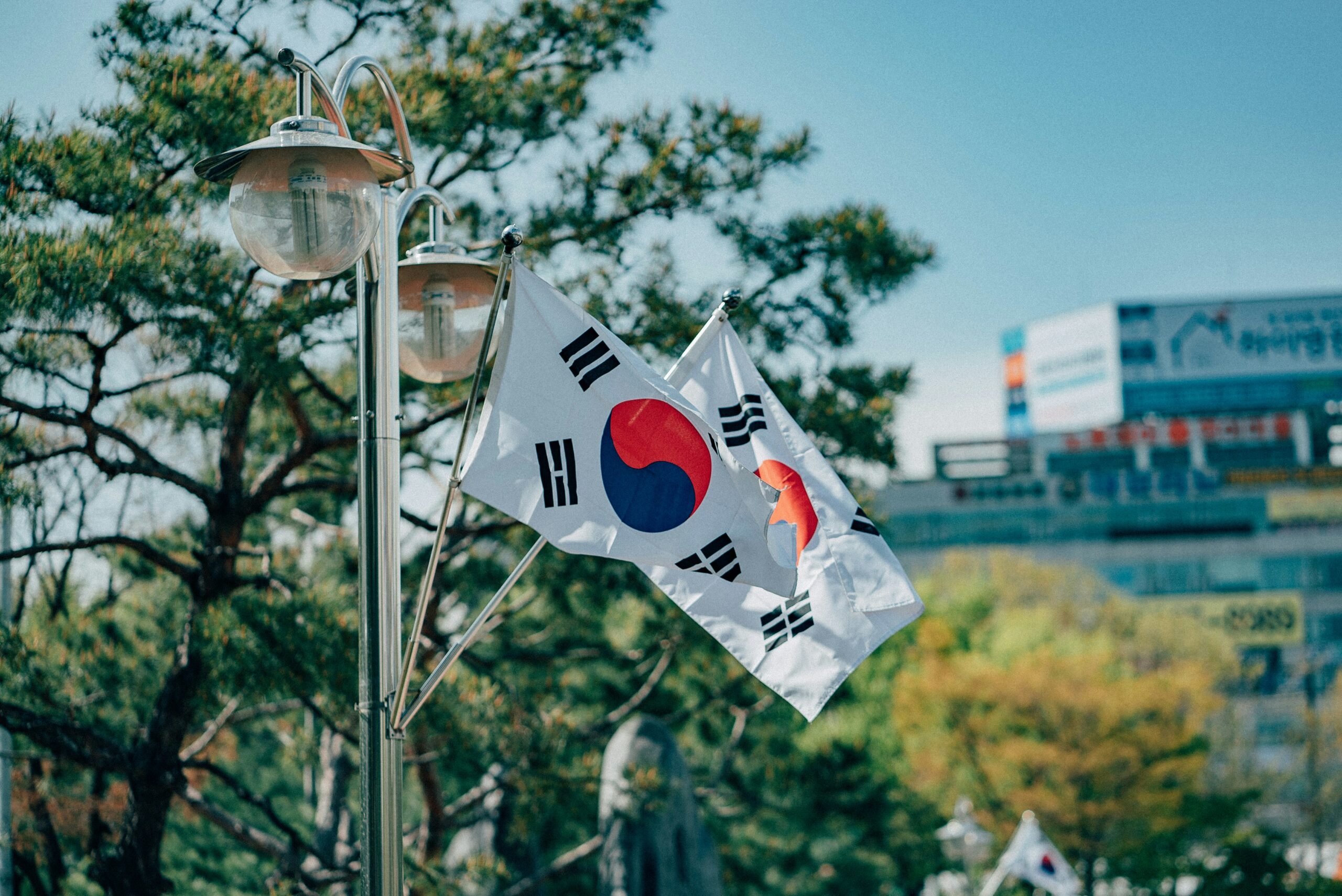Introduction
South Korea, officially known as the Republic of Korea, is a captivating country located on the Korean Peninsula in East Asia. Boasting a rich history, breathtaking landscapes, and a vibrant culture, South Korea has become an increasingly popular destination for travelers, students, and business professionals alike. In this guide, we will provide you with all the essential information you need to know before planning your visit, stay, work, study, or do business in South Korea.
Location and Surface Area
Situated between China and Japan, South Korea covers an area of approximately 100,363 square kilometers. The country is bordered by the Yellow Sea to the west and the Sea of Japan to the east. Its strategic location makes it easily accessible from various parts of the world.
Climate
South Korea experiences four distinct seasons, with hot and humid summers, crisp and colorful autumns, cold winters, and mild springs. The best time to visit depends on your preferences, with spring and autumn being the most popular seasons due to their pleasant temperatures and beautiful scenery.
Fauna and Flora
South Korea’s diverse landscape is home to a wide range of flora and fauna. From the dense forests of Seoraksan National Park to the stunning beaches of Jeju Island, nature enthusiasts will find plenty to explore. The country is known for its native wildlife, including Korean tigers, black bears, and various bird species.
Attractions
South Korea offers a plethora of attractions that cater to all interests. Explore the bustling streets of Seoul, the capital city, where ancient palaces coexist with modern skyscrapers. Immerse yourself in Korean history at Gyeongbokgung Palace or visit the vibrant markets of Namdaemun and Dongdaemun. For nature lovers, a trip to Jeju Island is a must, with its stunning volcanic landscapes and UNESCO World Heritage Sites.
Population and Languages
South Korea is home to approximately 51 million people. The official language is Korean, but English is widely spoken in major cities and tourist areas. Locals are generally friendly and eager to assist visitors, making it easy to navigate the country and communicate with the locals.
Currency
The official currency of South Korea is the Korean Won (KRW). Currency exchange services are readily available at airports, banks, and authorized exchange offices throughout the country. Credit cards are widely accepted in most establishments, but it’s always advisable to carry some cash for smaller businesses and street vendors.
Visa Requirements
Before planning your visit to South Korea, it is important to check the visa requirements for your country of residence. Many nationalities can enter South Korea without a visa for a limited period, while others may need to apply for a visa in advance. The duration of stay and visa requirements vary, so it’s best to consult the nearest South Korean embassy or consulate for the most up-to-date information.
Culture and Customs
South Korea has a rich cultural heritage that is deeply rooted in Confucianism and Buddhism. Respect for elders, strong family values, and a sense of community are integral parts of Korean society. Visitors are encouraged to learn and respect Korean customs, such as removing shoes before entering homes or temples, bowing as a sign of respect, and using both hands when giving or receiving objects.
Hospitality
South Koreans are known for their warm hospitality and welcoming nature. Visitors can expect to be greeted with genuine kindness and helpfulness throughout their stay. Whether you need directions, assistance with language translation, or recommendations for local cuisine, locals are often more than happy to lend a helping hand.
Main Cities, Airports, and Airlines
Seoul, the capital city, is the main gateway to South Korea, with two international airports: Incheon International Airport and Gimpo International Airport. Incheon International Airport is one of the busiest airports in the world and serves as a major hub for international flights. Other major cities in South Korea include Busan, Daegu, and Incheon.
South Korea is well-connected to the rest of the world through numerous international airlines, including Korean Air, Asiana Airlines, and Air Busan. These airlines offer a wide range of domestic and international flights, ensuring convenient travel options for visitors.
Conclusion
South Korea offers a unique blend of ancient traditions and modern innovations, making it an exciting destination for travelers, students, and business professionals. From its stunning natural landscapes to its bustling cities, South Korea has something to offer everyone. So, whether you’re planning a short visit or considering a longer stay, South Korea is ready to welcome you with open arms.

